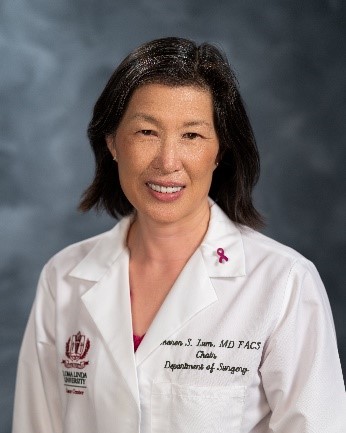
Nearly 60,000 California residents die of cancer each year. As February was National Cancer Prevention Month, it is important to recognize that one of the world’s leading sources of cancer information is housed in the California Cancer Registry. Since 1988, state law has required nearly all cancer cases that occur in California be reported in a statewide database called the California Cancer Registry (CCR). The CCR contains 5.8 million cancer cases and adds 190,000 new cases each year. The CCR is maintained by the California Department of Public Health for the purpose of providing high quality data to study and improve cancer prevention, screening, diagnosis, treatment, and outcomes.
The CCR collects detailed information on all new cancer cases diagnosed in California, such as the type and stage of cancer; the patient's age, race, ethnicity, and gender; the treatments given to the patient; and the patient’s ultimate outcome. This information is available for use by cancer researchers, healthcare professionals, patients, caregivers, and the public and can be used to learn about trends in cancer diagnoses and patterns of care. Importantly, because of the diversity of the California population, the CCR contains meaningful data about cancer in diverse racial and ethnic groups not readily available in other cancer registries. This information has been used to identify disparities in cancer treatment and outcomes and can aid in decreasing inequities in care.
On February 7, 2023, Senator Susan Rubio (D-Baldwin Park) introduced a new bill, SB344, in the California legislature to require healthcare providers to report more information about the patient's socioeconomic status and environmental exposures that could place a patient at risk for cancer. The new bill will also increase access for researchers. Such information can provide insight into prevention strategies that may inform health policy. To maintain and improve the high quality of this unique source of cancer information, it is essential to advocate for continued state and federal funding for the CCR.
Author Bio

Sharon Lum, MD, MBA, FACS
Dr. Lum is Professor and Chair of the Department of Surgery for the School of Medicine. She is a member of the American Society of Breast Surgeons Health Equity Advisory Group. Her research interests include quality measures and disparities in breast and other cancer outcomes and incorporation of patient reported outcomes in clinical decision-making for patients with breast diseases.
